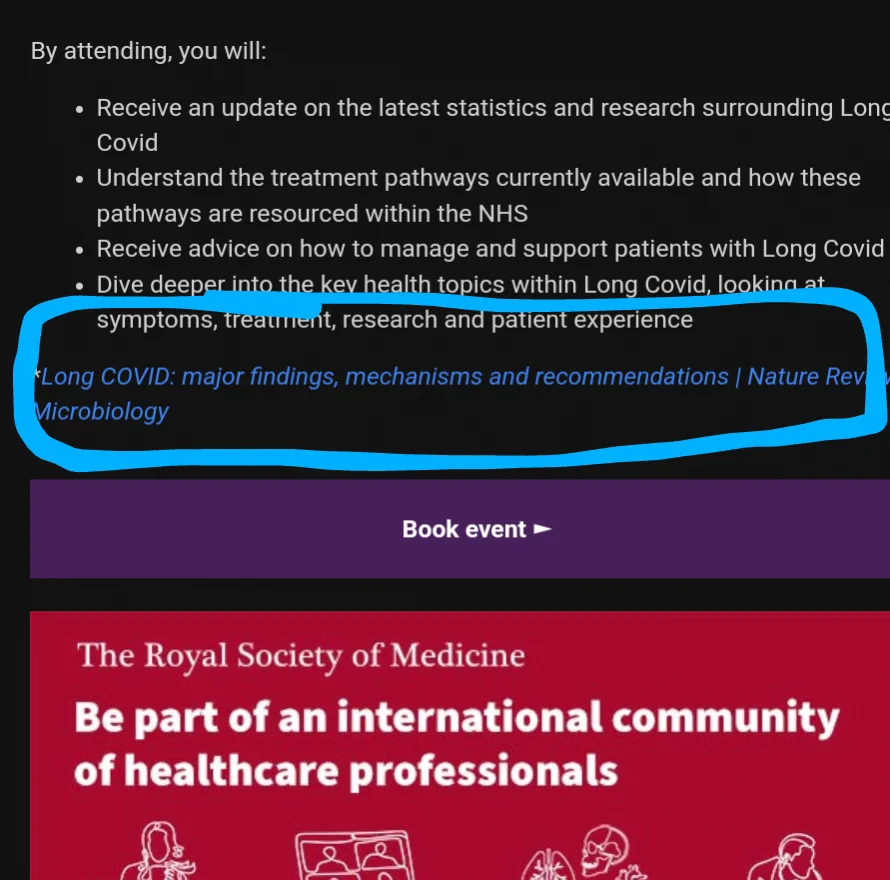Dx Revision Watch
Senior Member (Voting Rights)
For the record, Dr Tedros Adhanom Ghebreyesus on Twitter on August 22, 2020:

---------------------------------------------------------------------------------------
If my memory serves, this was the Twitter thread from three years ago, in which Janet Dafoe had offered to provide the WHO with research studies and discusions. I had also asked for the expediting of a coding issue within this thread. Ghebreyesus ignored my request and I don't think Janet heard anything at all from him or his WHO colleagues, either.

---------------------------------------------------------------------------------------
If my memory serves, this was the Twitter thread from three years ago, in which Janet Dafoe had offered to provide the WHO with research studies and discusions. I had also asked for the expediting of a coding issue within this thread. Ghebreyesus ignored my request and I don't think Janet heard anything at all from him or his WHO colleagues, either.



